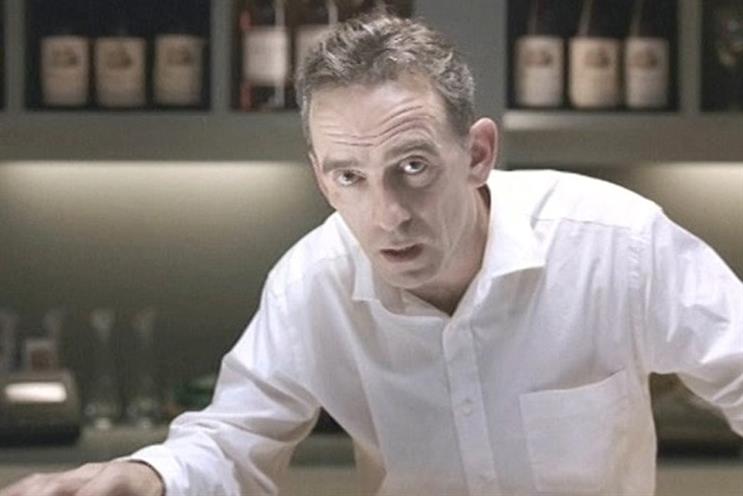
The relaxed guidelines, in place from this week, free up government departments to leverage more funding from brands and remove the need to notify a partner's competitors before planning a campaign.
Bodies such as the Department of Health and Department for Transport no longer have to match the funding a brand partner puts into a campaign, meaning that they can carry out work majority funded by external organisations.
These new guidelines also remove the requirement to contact all of a brand’s competitors to offer them a chance to pitch for the partnership, although departments must still work with "transparency and fairness" when approached by brands.
The Government will also be able to work with partners on an exclusive basis for the first time.
The changes come in response to a review, which found that the strict rules governing brand relationships were preventing access to much-needed support for marketing campaigns.
The Government will now seek to form stronger external partnerships for projects such as January’s "be food smart" campaign, part of Change4Life, which worked with partners including Asda and The Co-Operative Food.
Other campaigns include The Coca-Cola Company's five-year support of the Think! road safety initiative through a ‘buy one, get one free’ offer for drivers who chose not to drink.
Alex Aiken, the executive director of Government Communications, said: "Partnerships with organisations in the private and charity sector have produced some of the most creative and powerful government campaigns, and we will do all we can to encourage these collaborations.
"The opportunity for partners is clear – helping government answer interesting and large-scale communication challenges, and in turn, government can access audiences in new ways."
Aiken said the 'Fire Kill's campaign, which raises awareness of the dangers of house fires, was an example of "how we must be more creative and make budgets work harder in the current climate – and of how partnerships can do that".
Fire Kills has seen its government funding reduced from £4.8m several years ago to around £1m today, partially thanks to support from commercial partners such as smoke alarm manufacturers and superstores.
The new system could also offer opportunities to creative agencies that did not win a place on the government’s controversial creative framework. Government funding must be deployed through agencies on the framework, but funding from private partners can be spent with other agencies.



.jpg)
.jpeg)
